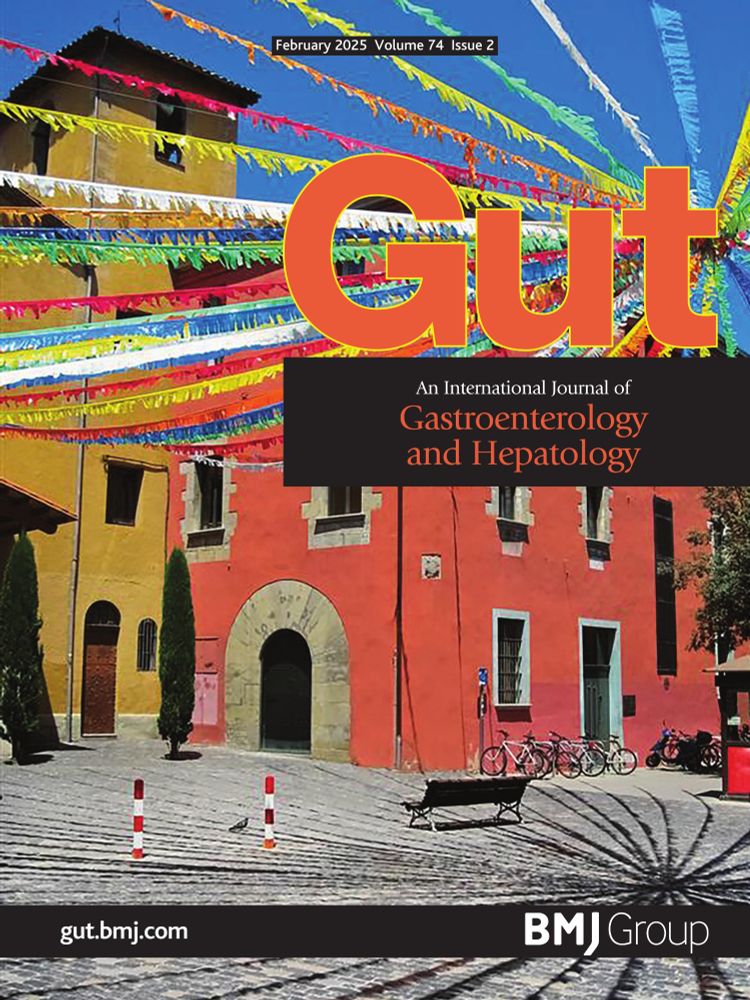Did my PhD in Sam Janes' lab at UCL.
Background in maths at Cambridge.
He/him.

doi.org/10.1101/2025...
[1/15]
rdcu.be/eFrrc

rdcu.be/eFrrc

doi.org/10.1101/2025...
[1/15]

doi.org/10.1101/2025...
[1/15]

✅ Wet & dry lab
✅ September 2025 enrolment
✅ UK tuition fees only
www.ucl.ac.uk/medical-scie...

✅ Wet & dry lab
✅ September 2025 enrolment
✅ UK tuition fees only
www.ucl.ac.uk/medical-scie...
Last year was a great mix of computational biologists from biology, maths and computing backgrounds - I enjoyed it so much I joined the organising committee! Excited to meet people and talk cool science (including AlphaGenome, keynote from @avsecz.bsky.social!)
Join us for a day of talks, networking and career discussions. Present your work to get fresh new ideas and the chance to win prizes 💸
Featuring @avsecz.bsky.social of Google DeepMind as our keynote speaker⚡️

Last year was a great mix of computational biologists from biology, maths and computing backgrounds - I enjoyed it so much I joined the organising committee! Excited to meet people and talk cool science (including AlphaGenome, keynote from @avsecz.bsky.social!)
@natureportfolio.nature.com
www.nature.com/articles/s44...
#AI #LLM 🧪
@natureportfolio.nature.com
www.nature.com/articles/s44...
#AI #LLM 🧪
www.science.org/doi/full/10....
authors.elsevier.com/sd/article/S...
authors.elsevier.com/sd/article/S...
https://bit.ly/3QE86...

https://bit.ly/3QE86...
Out today in @naturegenet.bsky.social :
doi.org/10.1038/s41588-025-02086-5
🧵👇

Out today in @naturegenet.bsky.social :
doi.org/10.1038/s41588-025-02086-5
🧵👇
The initial reaction from patients&families has been overwhelming
Led by Ibrahim AlBakir @yosoykit.bsky.social @cancerresearchuk.org @icrlondon.bsky.social


